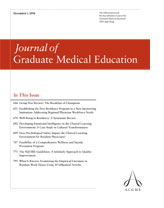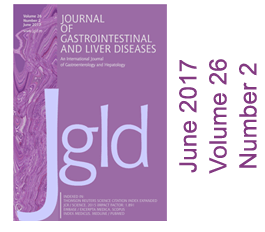 A patient appears to have had a change of heart about being featured in a case report.
A patient appears to have had a change of heart about being featured in a case report.
The patient cannot be identified in the paper published in Journal of Gastrointestinal and Liver Diseases. However, according to the retraction notice, she threatened to sue if the authors did not withdraw it. After receiving the threat, the paper’s corresponding author, Mariano Sica, told us that the authors immediately asked the journal to retract the paper.
We’ve written about similar cases where patients do not provide informed consent or withdraw it, but in this case we haven’t seen the threat ourselves.
We asked Sica if we could see the legal threat, and he said he couldn’t share it, explaining: Continue reading Authors say patient threatened legal action after being subject of scholarly paper


 Reuters has removed a story about gender confirmation surgery, saying it included problematic data.
Reuters has removed a story about gender confirmation surgery, saying it included problematic data.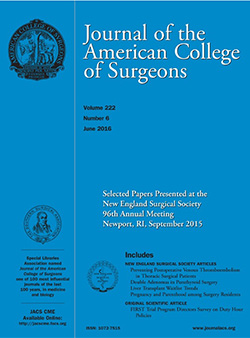 A journal has retracted
A journal has retracted 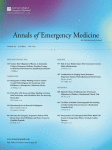 A journal has temporarily removed a paper showing the dramatic differences in the cost of providing emergency care that
A journal has temporarily removed a paper showing the dramatic differences in the cost of providing emergency care that 
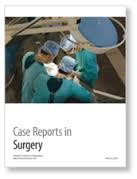 When two surgeons in Greece learned that a patient had developed a rare side effect following weight loss surgery, they were eager to publish the case.
When two surgeons in Greece learned that a patient had developed a rare side effect following weight loss surgery, they were eager to publish the case. Ask and ye shall receive: A journal has retracted a 2014 paper by Paolo Macchiarini,
Ask and ye shall receive: A journal has retracted a 2014 paper by Paolo Macchiarini, 